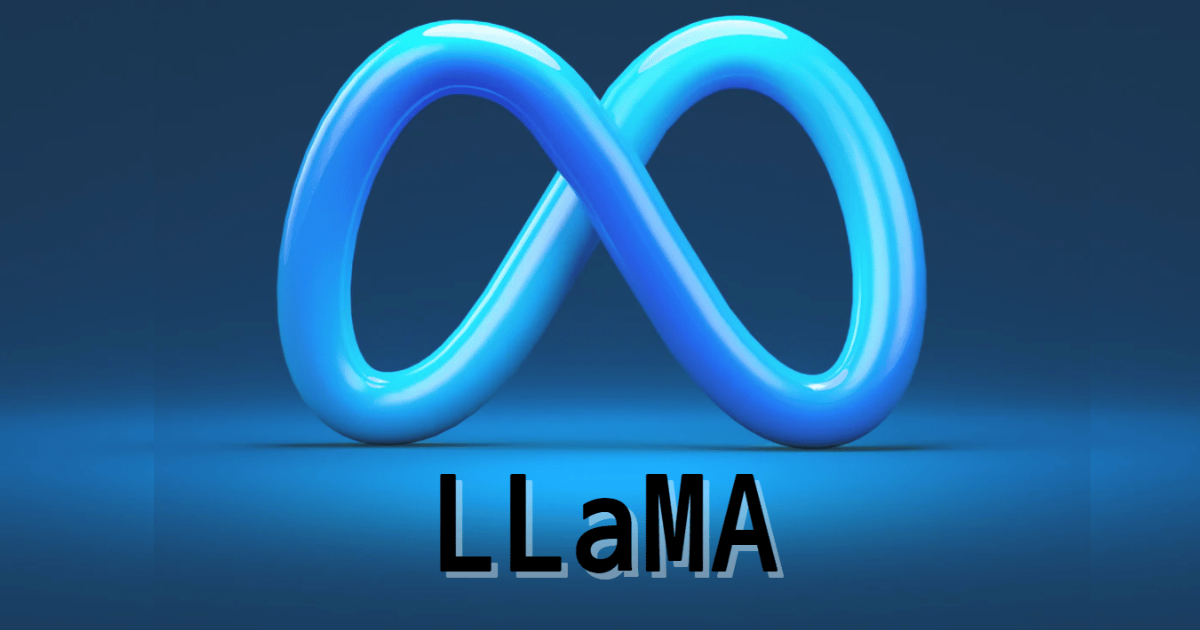Two weeks ago, Meta (formerly Facebook) made headlines with the announcement of their latest AI language model called LLaMA. Unlike OpenAI’s ChatGPT or Microsoft’s Bing, LLaMA is not accessible to the public but is an open-source package available to the AI community upon request. The intention behind this move, as stated by Meta, is to democratize access to AI and encourage research into the challenges associated with language models.
The company highlighted the limited research access to large language models due to the significant resources required for training and running such models. This restricted access has hindered progress in understanding and improving these models’ robustness, mitigating issues like bias, toxicity, and misinformation generation.
However, just a week after Meta started accepting access requests for LLaMA, the model was leaked online. On March 3rd, a downloadable torrent of the system appeared on 4chan and quickly spread across various AI communities. The incident ignited a debate on the appropriate way to share cutting-edge research amidst rapid technological advancements.
Some critics argue that the leak could have detrimental consequences, blaming Meta for distributing the technology too freely. Concerns were raised about potential personalized spam and phishing attempts resulting from the leak. On the other side, proponents of open access emphasize the necessity of developing safeguards for AI systems and highlight previous instances of publicly released language models without significant harm.
The leaked system has been confirmed as legitimate by several AI researchers who downloaded and examined it. Meta, however, declined to comment on the authenticity or origin of the leak. Joelle Pineau, managing director of Meta AI, acknowledged attempts to bypass the approval process but did not provide further details.
While LLaMA is a powerful AI language model, its availability to the average internet user is limited. It is not a ready-to-use chatbot but a “raw” AI system that requires technical expertise to set up and operate. Additionally, LLaMA has not undergone fine-tuning for conversation like ChatGPT or Bing, which limits its user-friendliness.
Experts have pointed out various constraints associated with LLaMA, including the need for high computational resources and specific hardware configurations. The model is available in four different sizes, each with billions of parameters. The largest version outperforms OpenAI’s GPT-3 on several benchmarks, but the validity of these comparisons and the quality of LLaMA’s output are subjects of ongoing debate.
The leak of LLaMA reflects the ongoing ideological struggle between “closed” and “open” systems in the AI field. Advocates for openness see the leak as an opportunity to develop safeguards and prevent monopolies, while proponents of closed systems argue for controlled access to properly scrutinize and mitigate potential threats.
The future of AI research continues to be shaped by these opposing views, but the leak of LLaMA has certainly sparked conversations and provided researchers with the opportunity to explore and fine-tune Meta’s technology independently. The potential applications of LLaMA, from personalized assistance to local control, present promising possibilities for further development in the AI community.



![[CITYPNG.COM]White Google Play PlayStore Logo – 1500×1500](https://startupnews.fyi/wp-content/uploads/2025/08/CITYPNG.COMWhite-Google-Play-PlayStore-Logo-1500x1500-1-630x630.png)